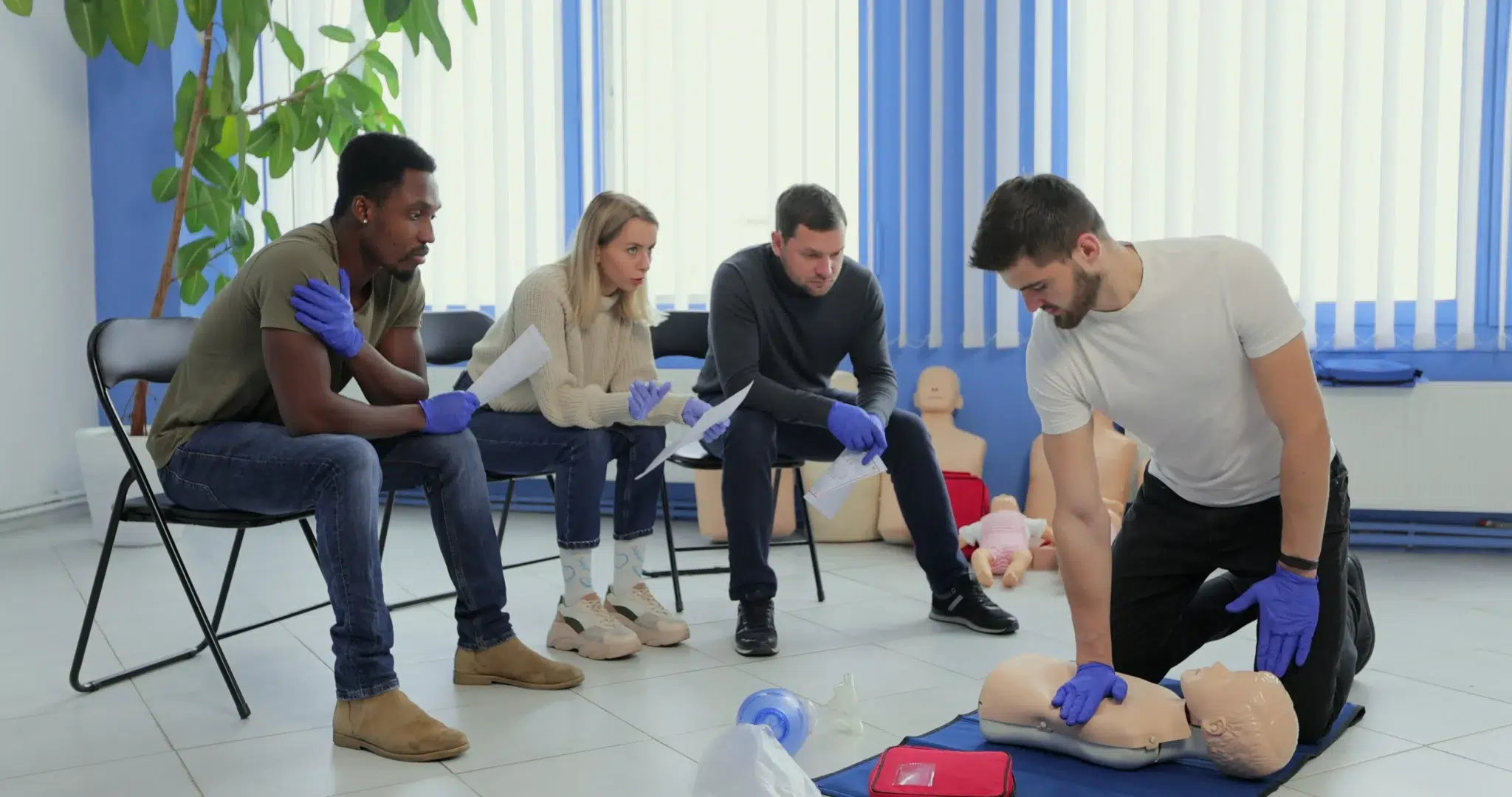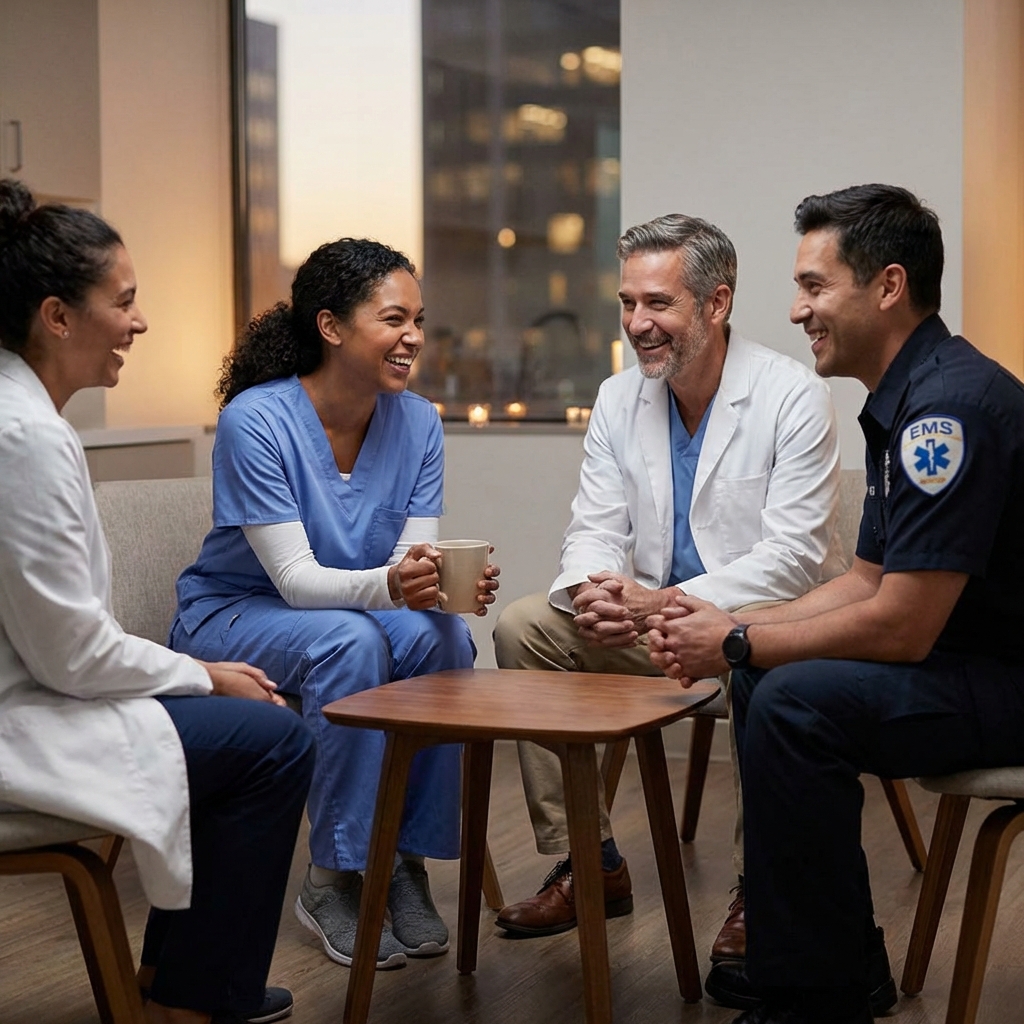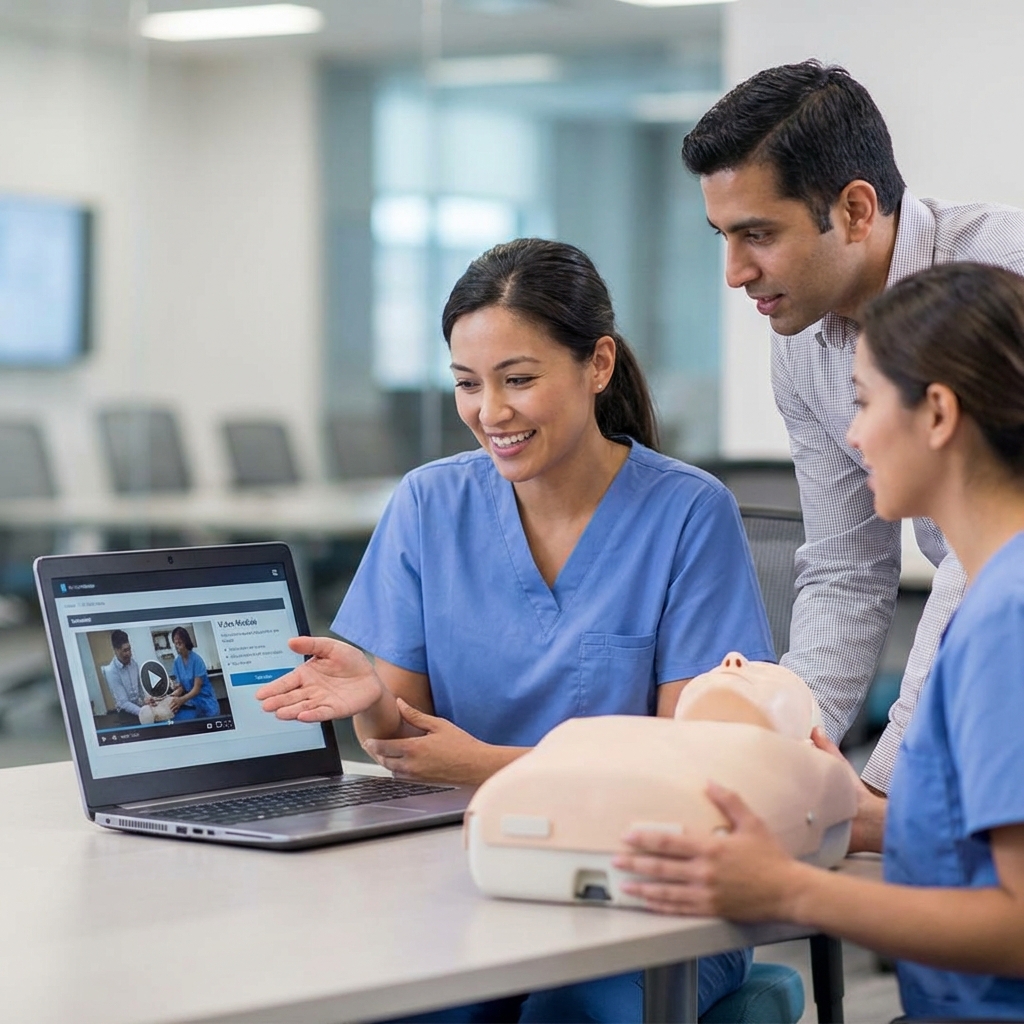Cardiopulmonary resuscitation (CPR) certification is a critical requirement for healthcare workers across various medical settings. Whether you are a nurse, physician, paramedic, or allied health professional, CPR training equips you with the knowledge and skills to respond confidently in emergencies. Understanding the certification process, requirements, and benefits is essential for maintaining compliance and delivering high-quality patient care.
Why Is CPR Certification Important for Healthcare Workers?
CPR certification is a fundamental requirement for healthcare professionals because medical emergencies can occur anytime, anywhere. CPR techniques are designed to restore breathing and circulation during cardiac arrest, giving patients a higher chance of survival before advanced medical intervention arrives.
Healthcare workers are often the first responders in hospitals, clinics, and outpatient care settings. Effective CPR can make the difference between life and death, particularly in critical moments when emergency services may be minutes away. By being certified, healthcare professionals ensure they are equipped to handle such situations with confidence and skill.
Who Needs CPR Certification in Healthcare?
CPR certification is required for a wide range of healthcare roles, including:
- Doctors and Nurses: Medical professionals in hospitals, urgent care centers, and clinics must be CPR-certified to meet regulatory standards and provide emergency care.
- Paramedics and Emergency Responders: These professionals require CPR certification to deliver life-saving support in critical situations.
- Dentists and Dental Assistants: Many dental offices require staff to maintain CPR certification as part of emergency response protocols.
- Medical Assistants and Technicians: Professionals working in diagnostic laboratories, imaging centers, and outpatient facilities must be trained in CPR.
- Caregivers and Home Health Aides: CPR certification is vital for healthcare providers working in assisted living facilities or delivering in-home care.
Understanding the Different Types of CPR Certifications
For healthcare professionals, the American Heart Association (AHA) offers specialized CPR certification courses tailored to meet medical industry standards. The most common certifications include:
1. Basic Life Support (BLS) Certification
- Designed specifically for healthcare providers, BLS certification covers high-quality chest compressions, proper ventilation techniques, and the use of automated external defibrillators (AEDs).
- BLS certification is often required for healthcare staff in hospitals, clinics, and medical offices.
2. Advanced Cardiovascular Life Support (ACLS) Certification
- ACLS certification is an advanced course that includes more comprehensive techniques for managing cardiovascular emergencies, including stroke, acute coronary syndromes, and respiratory arrest.
- This certification is crucial for healthcare workers in emergency rooms, critical care units, and other high-intensity medical environments.
3. Pediatric Advanced Life Support (PALS) Certification
- PALS certification focuses on emergency care for infants and children. It includes pediatric assessment, effective ventilation strategies, and the management of respiratory and cardiac arrest in young patients.
- Pediatric nurses, emergency room staff, and pediatricians often require this certification.
What to Expect in a CPR Certification Course
Healthcare professionals seeking CPR certification can expect a combination of hands-on practice, skill assessments, and written exams. Key topics covered in these courses typically include:
- Recognizing cardiac arrest and respiratory emergencies
- Performing chest compressions and rescue breathing
- Utilizing an AED effectively
- Performing CPR on adults, children, and infants
- Managing choking emergencies in conscious and unconscious patients
CPR courses are designed to be comprehensive yet accessible, ensuring participants gain the skills needed to respond in real-life situations.
How Long Does CPR Certification Last?
American Heart Association (AHA) CPR certification cards are valid for two years. Healthcare workers must renew their certification before it expires to maintain compliance with employer and regulatory requirements. Renewal courses are typically shorter and focus on refreshing skills while covering any updated guidelines issued by the AHA.
How to Choose the Right CPR Certification Course
When selecting a CPR certification course, consider the following factors:
- Accreditation: Ensure the training center is an authorized American Heart Association (AHA) provider.
- Course Format: Many CPR certification programs offer flexible options, including in-person training, online modules, and hybrid learning.
- Instructor Expertise: Look for experienced instructors with a background in healthcare and emergency response.
- Course Duration: Most BLS, ACLS, and PALS certifications are completed within 3 to 5 hours, while renewal courses may take less time.
Why Choose Safety Training Seminars for CPR Certification
If you’re a healthcare professional in Northern California, Safety Training Seminars offers trusted and convenient CPR certification options to meet your needs. As a woman-owned American Heart Association (AHA) Training Center, Safety Training Seminars is dedicated to providing high-quality instruction tailored to healthcare providers.
Here’s why healthcare workers prefer Safety Training Seminars:
- Comprehensive Course Offerings: BLS, ACLS, PALS, CPR, and First Aid certifications are available to suit all medical professionals.
- Official AHA Certification: Upon course completion, students receive an official AHA certification card, valid for two years.
- Flexible Scheduling: Classes are available throughout Northern California with convenient scheduling options, including weekends.
- Outstanding Customer Support: Our dedicated customer service team is available every day from 8 AM to 10 PM, ensuring you receive prompt assistance whenever you need it.
Contact Us Today
Obtaining your CPR certification for healthcare workers is a crucial step in ensuring you are prepared to respond to medical emergencies with skill and confidence. By investing in high-quality training from a reputable provider like Safety Training Seminars, you’ll gain the knowledge, hands-on practice, and certification needed to deliver life-saving care when it matters most.
Take the first step toward improving your emergency response skills. Contact us today to enroll in a CPR certification course and enhance your ability to save lives.









